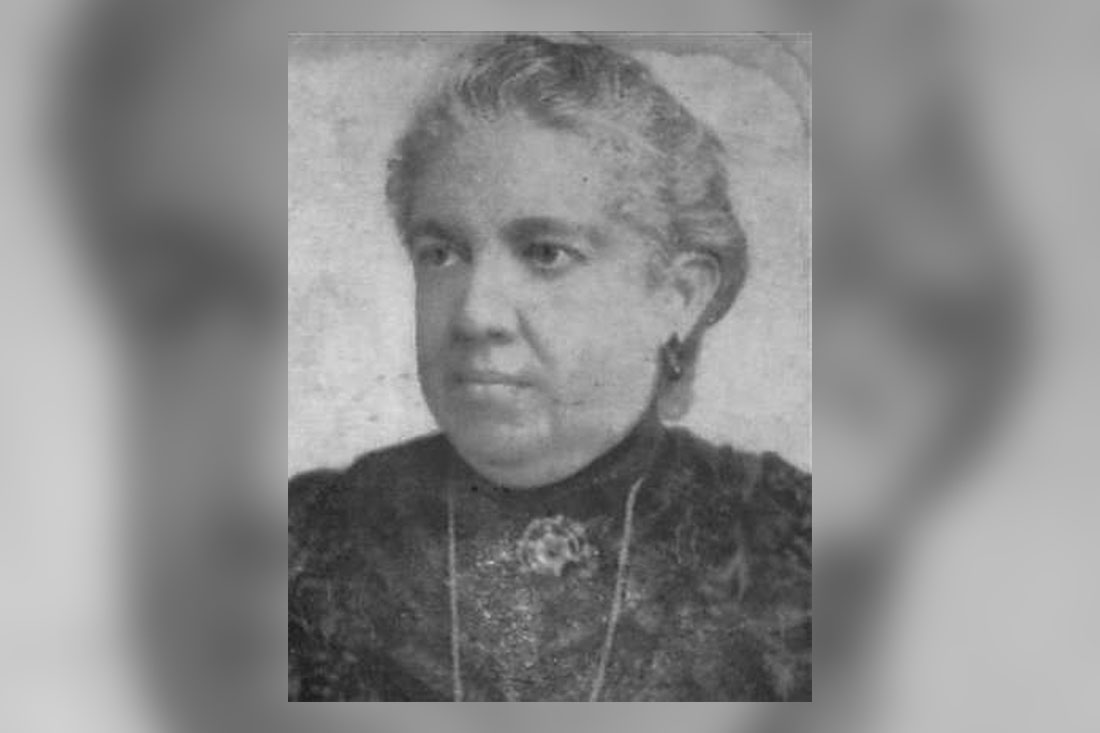On January 27th, 1842, Aurelia Castillo, a writer, poet, journalist, but above all a woman that undeniably worked in favor of Cuban feminism, was born in Camagüey.
As a writer, she produced works of prose and verse, albeit with slow intonation and intervals in her production. However, and to a lesser extent than her contemporaries, approaches and an interest in reflecting in a certain way the separatist ideas and actions of Spain can be seen, in addition to the issue of slavery, but treated from a gender perspective, among other elements. For example: “En la muerte del Lugareño” and “Canto a la esclava”.
It is valid to point out that in the questionnaire sent to Dr. Emilio Roig, at his request, the first of these is titled “Al llegar los restos de El Lugareño de La Habana a Camagüey”; but in other consulted sources the previously mentioned is used.
Several were her successes as a journalist; but without a doubt, his attendance as correspondent for El Fígaro, one of the most widely read newspapers in Havana, at the 1893 Columbian Exposition in Chicago, due to the commemoration of the IV Centenary of Discovery, where Cuba, being a colony of Spain was an important part of the festivities, it is one of its most important moments; because that event would have a significant repercussion.
Aurelia Castillo and “Women in Cuba”
As almost immediate results of the trip, according to researcher Luisa Campuzano, the discussion of feminism on the island, the expansion of networks and new alliances, which began to include not only writers, but also artists, educators, scientists, and the appearance at the beginning of 1895 of an issue of this weekly, dedicated to “Women in Cuba” and under her coordination.
The researcher herself states that this would not only collect the literary and artistic production of Cuban women, but would also reflect her ideas regarding education, work and social participation. Each of the presentation pages were signed by Aurelia, which were titled “Hopefully” with a very well delineated political intention.
However, her work for the advancement and progress of women was recognized by the prominent pedagogue and intellectual Enrique José Varona, who expressed “… she has done more with her works, in favor of what is today called feminism, than innumerable writers want to praise and defend it. (…)… Her work as a woman has been as useful as that of a well-endowed man for social progress.
Her work full of merits
Throughout her life, she held various positions and received various awards. However, the greatest prize of all is her well-deserved place in Cuban literature.
Bibliography
Campuzano, Luisa. Nación y representación en las poetas cubanas del XIX. Expanded version of the inaugural conference of the International Symposium “The Hispanic-American poets: identities, feminisms, poetics (19th-21st centuries)”, held at the University of Granada on October 2 and 21, 2016.
Castillo de González, Aurelia. Escritos. La Habana: El Siglo xx, 1913-1918.
Crónicas Raras. La verruga del hotel. Periódico Adelante del 19 de junio del 2010.
Translated by: Aileen Álvarez García






